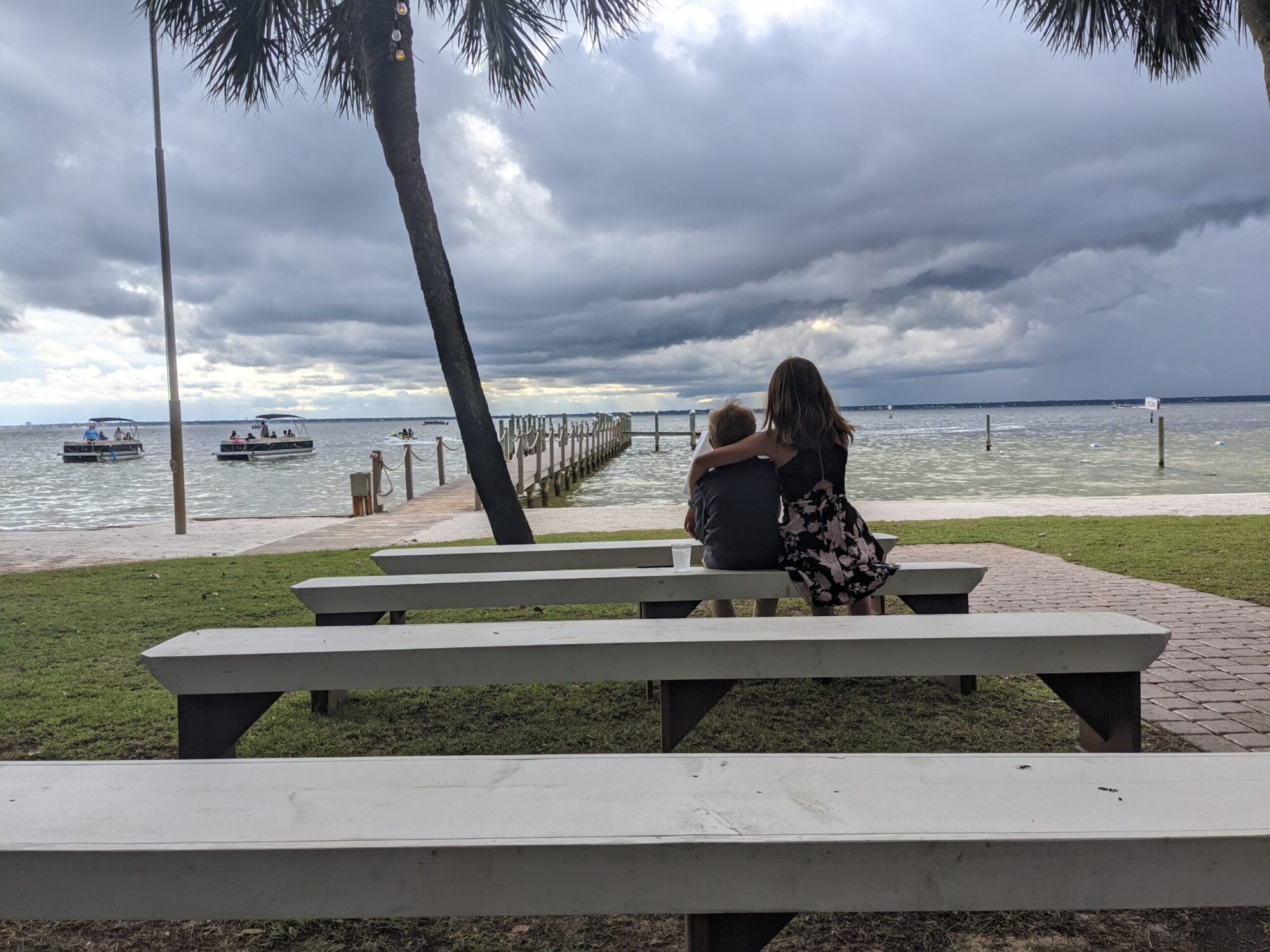A few months ago, I started listening to This American Life, a weekly Public Radio International show typically broadcast on NPR (Sundays around here, I think). Back in late July, they broadcast an episode about “patent trolls” that was particularly engaging, so I’ve been hooked ever since.
Last week’s episode, which I highly suggest you listen to, focuses on manufacturing in China, specifically, of products in Shenzhen. Products from Samsung, Dell, HP, and more specifically, Apple. Mike Daisey is something of a story-teller, so he gets up on stage in front of live audiences and talks in one-man shows. As an Apple lover, he expounds upon his history with their products and how he always sought to understand how his iPad, iPhone, MacBook Pro, etc. worked, even going so far as to take his laptop(s) apart, clean them, and put them back together. Through various circumstances, it occurred to him that he knew very little about how these products were actually made, however, so he took a trip to Shenzhen to visit the Foxconn plant where practically all Apple products are manufactured. As others have reported in the past, he found harsh working conditions, that unions were illegal, and that underage girls were employed in the factory.
More to the point of what I’m getting at, Daisey says that Apple is actually doing relatively well with their manufacturing practices, holding yearly audits, requiring that their manufacturers follow strict guidelines, and so on. Others in China and Southeast Asia, as a whole, aren’t as careful. Some have even suggested that, while these practices are obviously unfortunate, in many ways, it still provides a better living than these individuals had prior to industrialization. And furthermore, in many ways, these countries are currently ascending much as the United States did in the Industrial Revolution. It’s something of a “growing pain” that countries must go through before they can decide what work practices will be most efficient for the company, and most beneficial to the worker.
This issue is something I’ve never associated with the idea behind “Buy American,” or at least, “Buy From Companies You Know Are Providing Some Level Of Non-Exploitative Treatment To Their Workers.” Many (most?) manufacturing plants in North America are pretty good about treating their workers fairly, with some limit on hours worked, over-time pay, a minimum wage, and so on (depending on unionization and other factors, of course). There are a variety of European companies that do as well or better in the treatment of their workers, and I’m sure there are even some in Asia that do right by their employees. While I’m suggesting a focus on looking into the manufacturing processes of companies we tend to buy from, I just see the whole endeavor as another reason to just Buy (North) American.
Up until now, I always thought of it as an economic issue, to keep our money here rather than sending it overseas. Increasingly, this is difficult as manufacturing jobs have all but left the U.S. Even when we “Buy American” in things like cars, they’re only assembled here: all the individual parts are built/assembled overseas. But after listening to this particular story, it makes me consider other reasons to try buying American-made/grown products, where feasible. Unfortunately, it’s probably impossible to buy a TV, an MP3 player, a computer, or a phone that was assembled, let alone built, in the U.S. I guess I’d like to see the “Buy American” ideal extended so it not only encompasses the economic need to keep our money here, but also the need to extend the rights of workers and the belief that each individual has value to the countries that make all the “stuff” we keep buying. Perhaps something like the “Fair Trade” label used on food products from around the world: a certification process companies can apply for to provide some degree of protections for the people they employ.
I dunno. I just never really thought about the concept of “Buy American” as a way to reward companies that treat their workers well. Perhaps we all should.
Edit: In mid-March, This American Life had to retract their initial report, listed above, saying that Daisey had fabricated enough portions of his monologue that they deemed it unfit for their journalistic standards. Generally speaking, things like chronology, specific interviews, and certain details were fact-checked with his translator, Cathy, who told This American Life that it didn’t all happen in that order or in that way. They interviewed Daisey again in the podcast from that week, who felt badly for the ordeal, but wanted to make sure people realized that the things he said are “true” in that they happened at Apple plants: just not necessarily on his particular visit.







 …but I got the “Geoquiz” right today! That never happens!
…but I got the “Geoquiz” right today! That never happens!